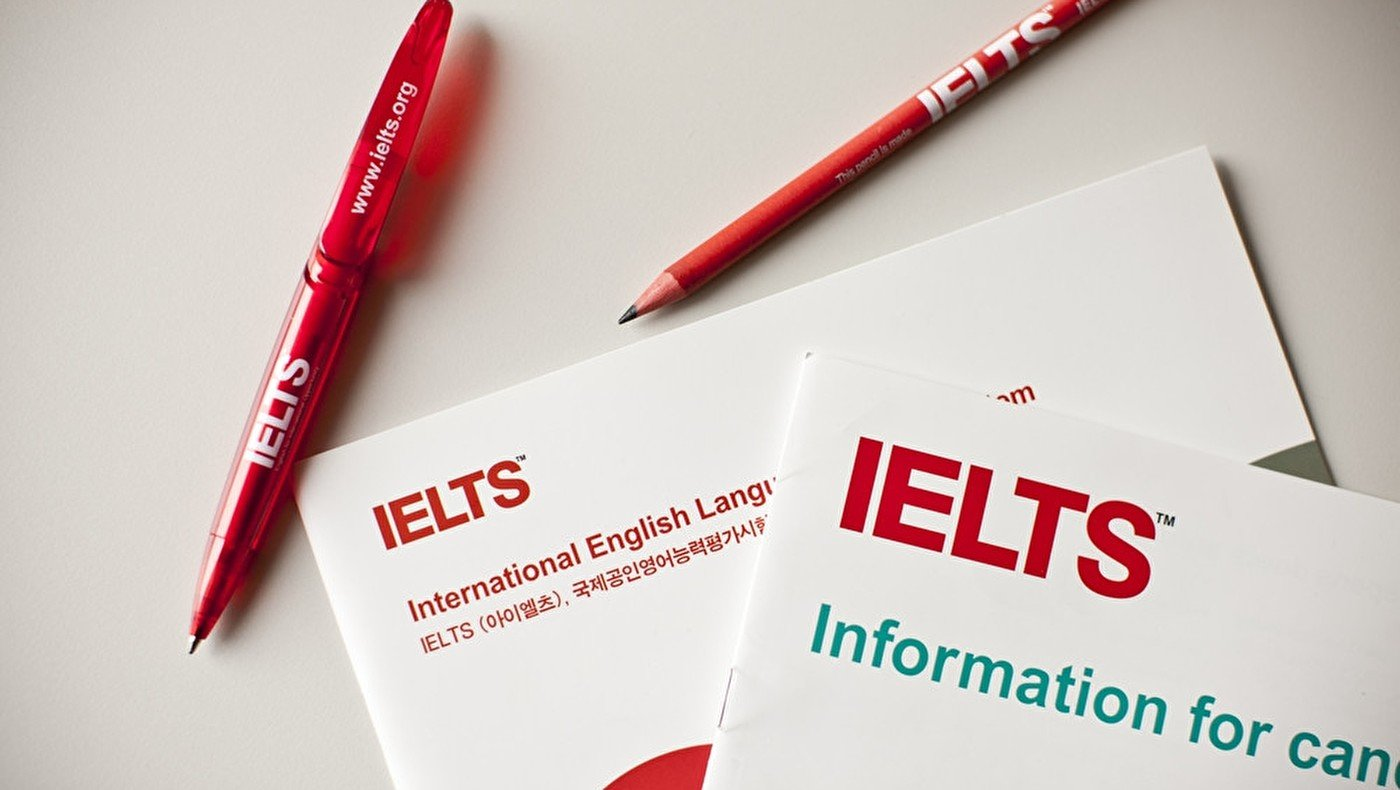

How to Prepare for IELTS in Three Months: A Step-by-Step Plan
Taking the IELTS is an important step for anyone planning to study, work, or emigrate abroad. The exam assesses your English proficiency across four key skills: Listening, Reading, Writing, and Speaking.
Ideally, it’s recommended to start preparing for IELTS 6–12 months in advance. But what if you don’t have that kind of time? Is it realistic to prepare in just three months?
Yes — if you follow the right approach and a well-structured strategy.
In this article, you’ll find a 12-week step-by-step plan for IELTS preparation, designed for intensive study and systematic learning.
Contents:
- Assess Your Current Level
- Define Your Goals
- Create a Study Plan
- Learn the Exam Format
- Listening and Reading
- Writing
- Speaking
- Practice Tests and Error Analysis
- Final Step — Get Ready to Succeed!
Step 0. Assess Your Current Level
Before diving into intensive preparation, it’s crucial to determine your starting level of English. This helps identify which skills need the most attention and how much time you realistically need to reach your target score.
How to assess your level:
- Online IELTS tests: Both free and paid options give an approximate score and highlight your weak points.
- Practice exams: Simulating real IELTS conditions helps you understand how comfortable you are with each section.
- Tutor assessment: A professional teacher or tutor can provide an accurate analysis of your skills along with detailed recommendations.
Why it matters:
Identifying your strengths and weaknesses allows you to allocate your study time efficiently — you can focus on the sections that are most challenging instead of spending equal time on everything.
Step 1. Define Your Goals
If your goal is to enroll in a foreign university, you’ll need to take the IELTS Academic test. This format evaluates academic English skills: understanding lectures and academic texts, writing essays, and participating in discussions. The General Training format is not suitable for university admission.
Next, determine the target score required by your chosen university. Different institutions have different requirements, usually ranging from 6.5 to 7.0. In addition to the overall score, many universities also set minimum scores for each section. Make sure to check the specific requirements on your university’s website.
Step 2. Create a Study Plan
Develop a personalized three-month study plan based on your current level and goals. Break the 12 weeks into blocks, for example:
- Month 1 — get familiar with the exam format, build basic Listening and Reading skills.
- Month 2 — focus on intensive practice for Writing and Speaking.
- Month 3 — take practice tests, analyze mistakes, and work on time management.
The monthly breakdown above is only a guideline. Some people will need more time for Listening, while others may need to focus on Writing or Speaking. Base your plan on the strengths and weaknesses you identified during the assessment stage.
Finally, decide how many hours per week or per day you can realistically study. Ideally, it’s best to practice daily for 1–2 hours. If your current level is already strong, you might prepare by studying a couple of hours, 2–3 times per week. Adjust your schedule according to your real abilities and goals.
Step 3. Learn the Exam Format
Once you’ve set your goals, it’s essential to understand the structure of IELTS Academic. You need to know what kinds of tasks appear in each section and which skills are tested. This way, you’ll prepare with a clear focus instead of wasting time on random exercises.
At this stage, familiarize yourself with Listening, Reading, Writing, and Speaking. Study the types of tasks, the time limits, and the scoring criteria. It’s also helpful to complete a few practice exercises to get a feel for the format and pinpoint which areas are most challenging for you.
Step 4. Listening and Reading
At this point, it’s important to work systematically on Listening and Reading, since these skills make up half of the exam and have a major impact on your overall score.
For Listening, the key is getting used to different accents and natural speech speed. It’s useful to listen to academic lectures, podcasts, and interviews, and then do practice exercises followed by error analysis. This helps you not only understand the content but also quickly identify key facts — a crucial skill for the exam.
For Reading, you need to be comfortable working with texts of varying complexity, locating answers quickly, and understanding overall structure. Reading articles, academic papers, and real IELTS Academic practice tasks is highly recommended. Always analyze your mistakes to understand which types of questions give you the most trouble.
Step 5. Writing
The Writing section of IELTS Academic tests your ability to produce well-structured, logical, and well-argued texts on academic topics. To succeed, you need to know how to properly organize essays and reports, and how to use appropriate vocabulary and grammar.
At this stage, it’s important to practice regularly with real IELTS tasks, analyze high-scoring sample answers, and review common mistakes. Pay special attention to text structure, linking words, and argumentation — examiners assess not only the content but also the clarity of expression.
Tip: Keep a journal and write in it daily — jot down your thoughts, ideas, and short essays on different topics. This will help you improve your writing speed and build confidence in using academic English.
Step 6. Speaking
The Speaking section of IELTS Academic evaluates your ability to express ideas clearly, support your arguments, and engage in conversation on academic topics. Success depends on developing confidence, accurate pronunciation, and fluency.
Your practice should include regular speaking sessions with a teacher, tutor, or study partner, as well as independent exercises — for example, recording your answers and analyzing them afterward. Pay close attention to using academic vocabulary, linking words, and structured sentences.
It’s also helpful to simulate real exam situations: answering personal questions, discussing charts or articles, and presenting arguments for your opinion. Such practice improves fluency and prepares you for the actual test environment.
Step 7. Practice and Analyze Your Mistakes
Once you’ve mastered the basics, it’s essential to take full IELTS Academic practice tests under conditions as close to the real exam as possible — with a timer, no breaks, and no hints.
This will help you:
- consolidate your knowledge,
- learn to work under time pressure (which is critical for the exam).
After each test, carefully analyze your mistakes: which tasks caused difficulties, and which question types gave you the lowest results. This allows you to devote extra time to weak areas and steadily improve your performance.
And of course, practice tests also help reduce anxiety and stress, since you become accustomed to the exam format and feel more confident on test day.
Step 8. Final Step — Get Ready to Succeed!
Your mindset is just as important as your academic preparation. Even if you’ve mastered all the skills, stress and anxiety can still lower your score on exam day.
To avoid this, use techniques for stress relief and focus: breathing exercises, short breaks during study sessions, and visualization of exam success.
Don’t forget about a healthy routine — proper sleep, regular breaks, light physical activity, and balanced nutrition all support your energy and concentration.
Wishing you effective preparation and the best of luck on your exam!
All About Education Abroad and Beyond


How do I apply for a Bachelor's degree through ED-EX.com?


